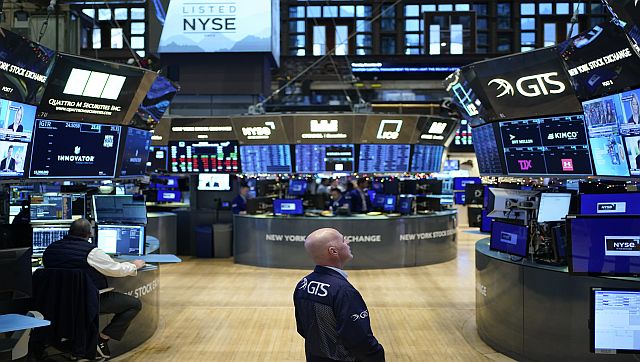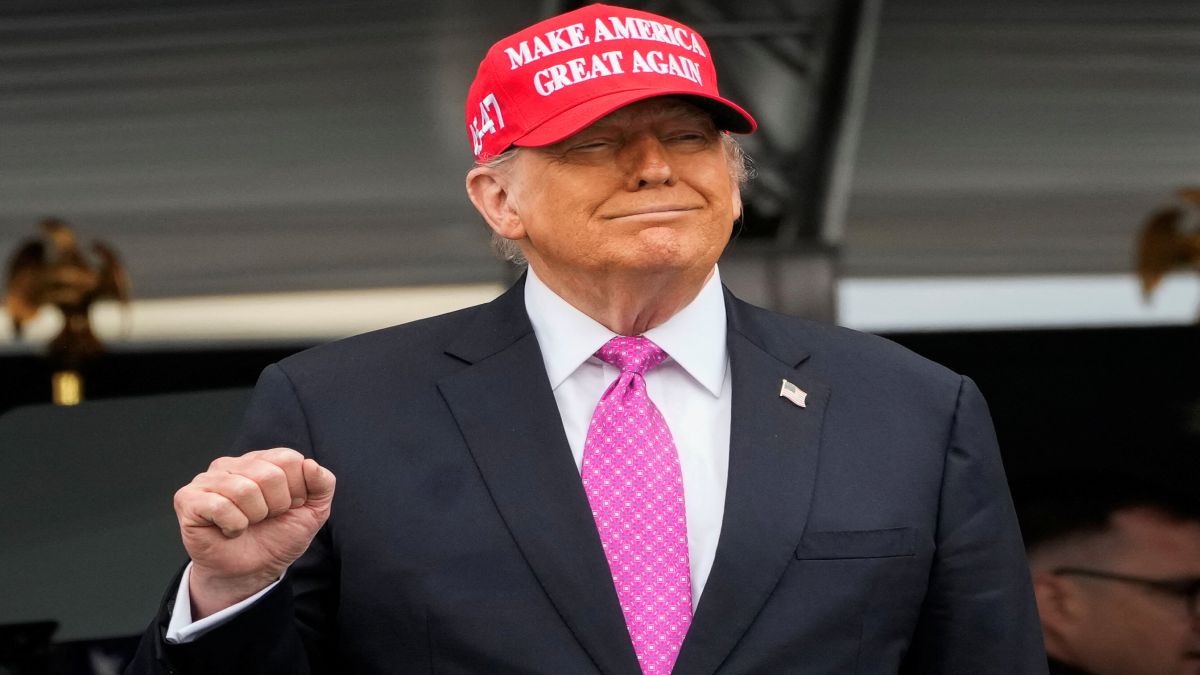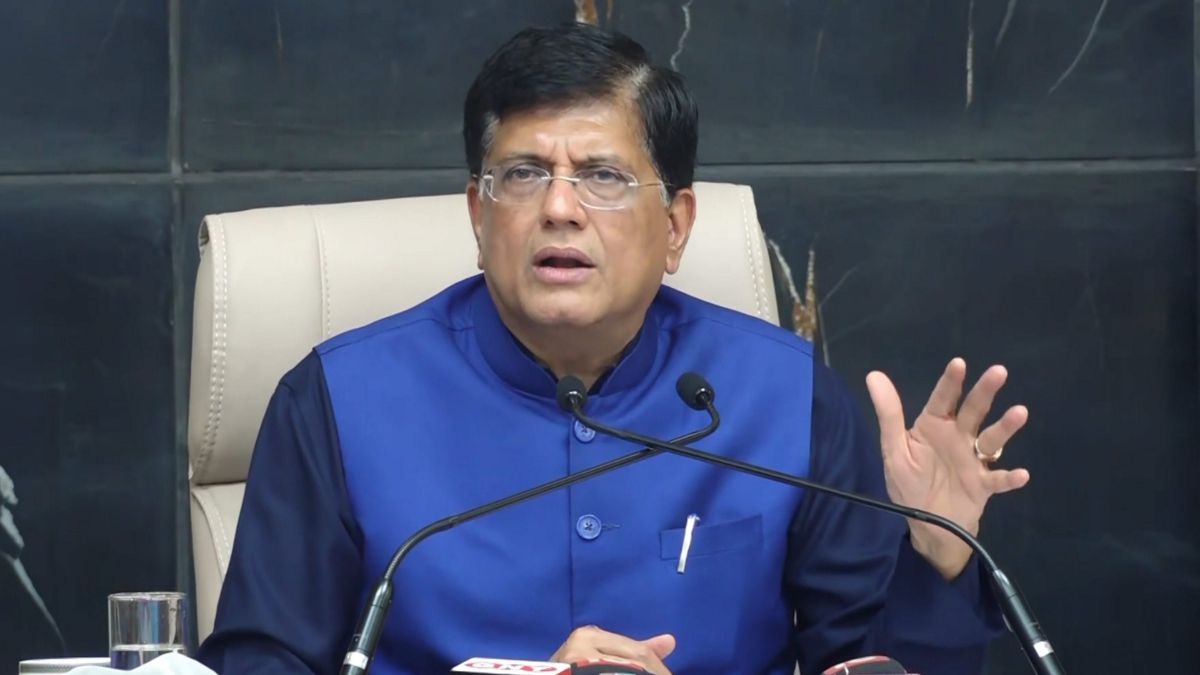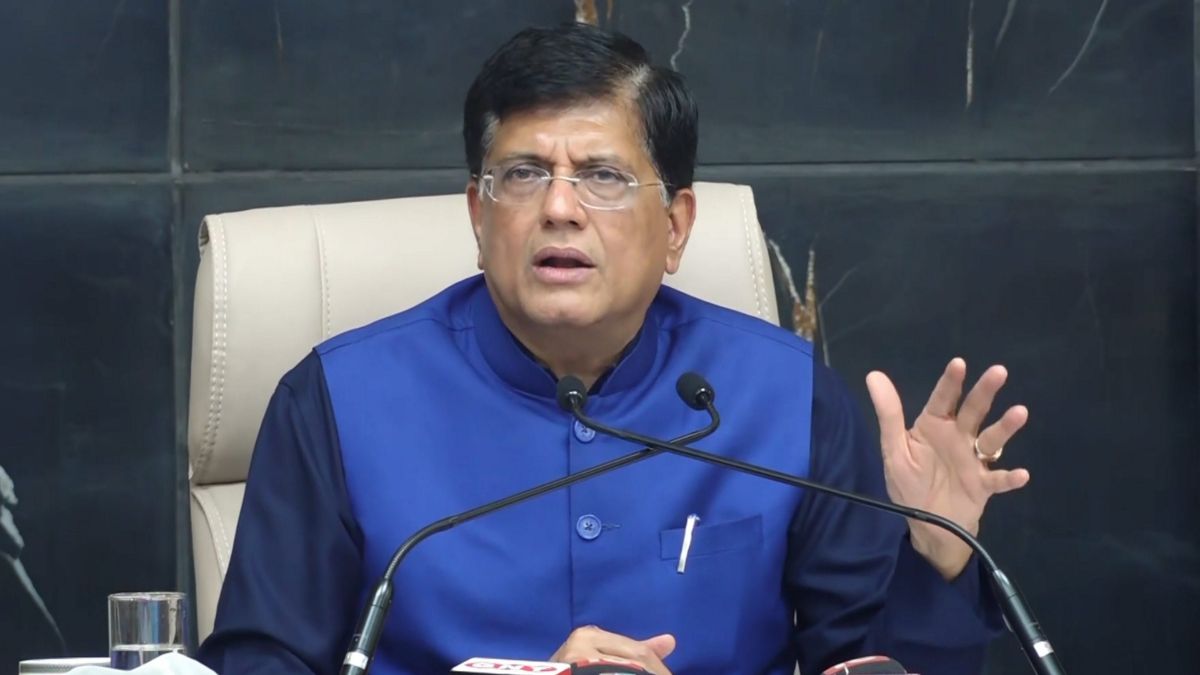Is a recession looming in the United States? Some experts seem to think warning signs are flashing. From increased inflation to US banks going bust and a weakened demand for diesel, several factors have intensified fears of a recession. Let’s take a closer look: ‘Recession remains likely’ Jake Jolly, head of investment analysis at BNY Mellon Investment Management, told CNN, “A recession sooner or later remains more likely than not.” “The longer-term outlook, post-shakeout, remains relatively positive for equities — we just have to get past a volatile reset first,” Jolly added. Jolly said the most likely scenario is that the Federal Reserve hikes its interest rates twice or thrice even more – which would cause the US to dip into a recession in the second part of 2023. In the second most likely scenario, central banks would halt their rate hikes. Beijing would reopen – which would be inflationary for core goods and thus force banks to hike their own rates. The US would slip into a recession in the latter part of 2024, Jolly predicted. The least likely scenario would be a ‘soft landing’ where inflation falls without Fed intervention, interest rates remain below five percent and job losses remain minimal. “This is a challenging business cycle to read,” said Jolly. “There are dynamics in the post-Covid world that are weird: The labor market not behaving in ways we would have expected it to at this point. It’s possible that the economy sees disinflation in a way that it hasn’t in previous cycles.” Inflation Though inflation has eased in recent months the so-called core inflation remains still stubbornly strong. While the Federal Reserve itself has predicted a ‘mild recession’, Macquarie’s top economist David Doyle said he thinks it will be slightly more severe than that. Doyle, the Australian financial services group’s head of North America economics, said, “We’re looking for a modest recession, something like what occurred in 1990 to 1991. For now, the market seems to be shrugging off some of those concerns, but I’m sort of skeptical that it can continue to do so through the end of the year," he added.
“The Fed is in a tough spot,” Bill Adams, chief economist at Comerica Bank in Dallas, told Reuters.
“The economy is cooling, but inflation is still too high. The components of inflation that the Fed worries will be most persistent, labour-intensive services, are especially sticky.” Doyle added that inflation is too high for investors to expect the Federal Reserve to support markets. [caption id=“attachment_12520082” align=“alignnone” width=“640”] Federal Reserve Board Chairman Jerome Powell. AFP.[/caption] “Over the past 10 years the playbook has been buy the dip, and the Fed will always come riding to the rescue if it sees any economic weakness. I’m not so sure that that will be the playbook for the next six to 12 months.” “Put it another way – the Fed put probably isn’t as strong as it was two to three years ago, five years ago, or 10 years ago, and that’s just a consequence of the inflation environment that we’re still in,” Doyle added. Weak demand for diesel Experts say the energy markets are also flashing warning signs. According to FT, the demand for diesel has sharply weakened and there are hints that the demand for petrol may also begin to fall. “If you were looking at it in the closet, and not knowing what the wider economy was doing, you would say we’re seeing some sort of an industrial recession,” Tom Kloza, global head of energy analysis at the Oil Price Information Service, told the outlet. JB Hunt president Shelley Simpson was quoted as saying by OilPrice.com that the economy is in a ‘freight recession’. “…we’re in a challenging freight environment where there is deflationary price pressure for an industry that continues to face inflationary cost pressures,” Simpson added. But some disagree. “There’s enough positive in the balance that it doesn’t create an overall problem,” Alan Struth, manager for macroeconomics and oil demand at S&P Global Commodity Insights told FT. “There is nothing immediately clear to say we should be ratcheting back our outlook — or prepare for a recession. Of course, that could change.” Bank failures On Tuesday, JP Morgan announced that it would purchase the First Republic Bank – the second-largest bank to fail in US history. While the US treasury department has said that the US banking system remains ‘sound and resilient’, some remain unsure. “The takeover indicates the problem is more severe than we first predicted, as we believed the crisis had been eased after the previous bailout,” an investment manager at a Beijing-based bank, told the Global Times. The manager added that more banks are likely to fail in the future. Stock market Last week, economically sensitive areas of the US stock market began flashing warnings over growth. [caption id=“attachment_12090522” align=“alignnone” width=“640”]
 Representational image. AP[/caption] “People are starting to more defensively position themselves,” said Aaron Dunn, co-head of the value equity team at Eaton Vance.
Representational image. AP[/caption] “People are starting to more defensively position themselves,” said Aaron Dunn, co-head of the value equity team at Eaton Vance.
“The overall signal to me is there is still a lot of fear about recession and oncoming weakness in the back half of the year.”
Though the S&P 500 has shown resilience, just seven stocks – Apple, Microsoft, Alphabet, Amazon, Tesla (TSLA.O) Meta Platforms (META.O) and Nvidia (NVDA.O) – were responsible for more than 88% of its year-to-date gain as of Thursday, according to Mike O’Rourke, chief market strategist at Jones Trading. “It makes me nervous to be honest,” said James Ragan, director of wealth management research at D.A. Davidson. “It just seems like the market gains are being concentrated in fewer and fewer stocks and that is probably unsustainable for too long.” With inputs from agencies Read all the Latest News, Trending News, Cricket News, Bollywood News, India News and Entertainment News here. Follow us on Facebook_,_ Twitter and Instagram_._


)

)
)
)
)
)
)
)
)



